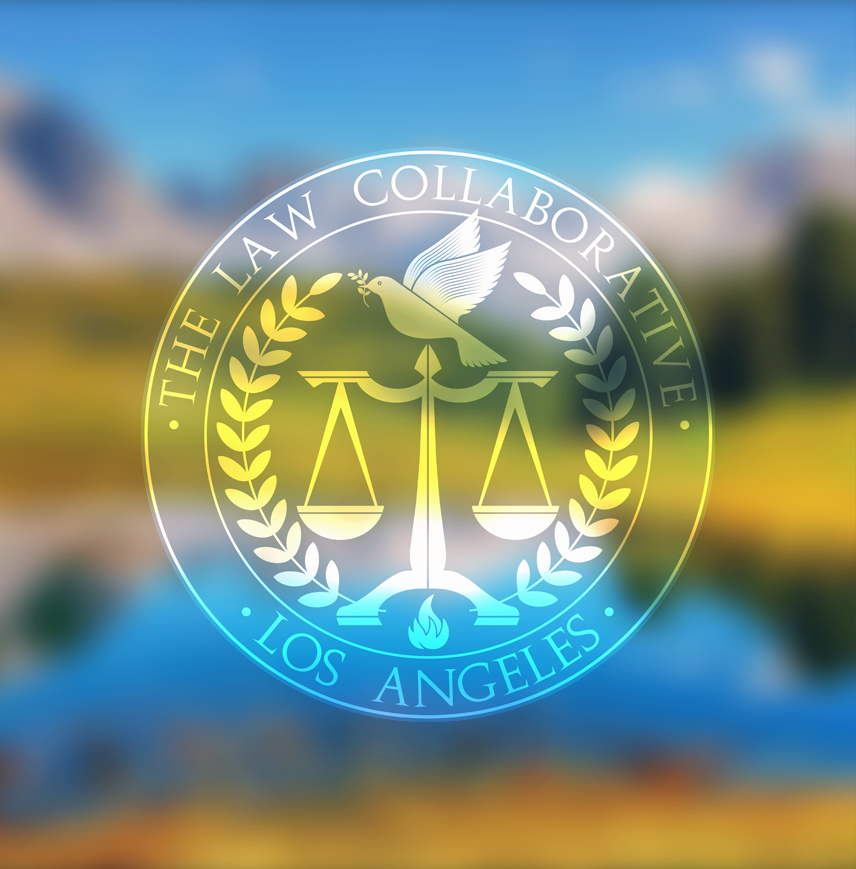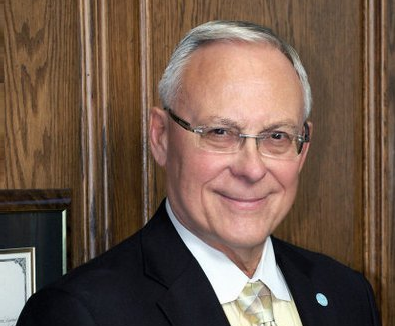In his book, A Promise to Ourselves, Alex Baldwin discusses the terrible toll inflicted on families by divorce court and says, “When choosing a lawyer, ask them their strategy before you sign any document or pay any retainer. If the first words out of their mouth are not about mediation, don’t hire them… You want to do everything you can to avoid going to court. If your lawyer steers you away from mediation, get rid of them.”
Everything considered, the worst mediated outcome is usually better than the best litigated outcome. That’s because courts are limited in how they can divide assets, debts, and responsibilities. Our highly trained mediators can help you reach agreements, heal relationships, and find creative solutions that work without going to court. And while regular courtroom proceedings are a matter of public record, mediation is a confidential process that will help protect your personal and financial privacy.
In mediation, you speak for yourself and make your own decisions from an informed mindset, minimizing upset, alienation, and costs. When an agreement is reached, the mediator can help you memorialize the terms so you can have it reviewed by an independent attorney if you wish. If the mediator you hire is a licensed attorney, they can file your agreement with the court as a final divorce judgment.
It is important to understand that a mediator is neither party’s advocate and cannot give individual legal advice. An attorney mediator can provide legal context and explain likely scenarios if the parties went to court, but they can not take sides – a mediator must remain neutral. The best mediators will provide information and help design different options and scenarios to resolve issues but they will not make suggestions or decisions which might alienate a party, nor will they allow you to sign anything until you completely understand the terms and have had a chance to discuss it with independent counsel.
In California many mediators are lawyers or mental health professionals, but the field is unregulated and some “mediators” have little training and can actually exacerbate conflict. We regularly meet with couples who tried to mediate with a CPA, pastor, or therapist, and things went badly. So it is important that you choose a mediator with experience and training. Our mediators have a minimum of 40 hours of formal mediation training and have successfully mediated thousands of cases. We are also pioneers in Online Dispute Resolution (ODR) utilizing video conferencing to successfully mediate disputes for clients all over the country.
The Law Collaborative can help you design a Win-Win settlement agreement that will realistically satisfy the needs and goals of all of the parties to the mediation. We are also available to analyze an agreement that has been drawn up for you by a mediator or lawyer outside of our office.
To schedule an appointment for Los Angeles divorce mediation with one of our experienced attorney mediators, or if you have a Memorandum of Understanding or other agreement you’d like us to review, call us at (818) 348-6700.
Mediation FAQ
What is the initial filing fee? Currently the State of California requires a $435 filing fee to initiate a dissolution of marriage proceeding. This initial process is called “filing the Petition” and is mandatory in all dissolutions.
Are there additional filing fees? In a cooperative divorce (mediation & Collaborative Law) where the parties agree on the Date of Separation and do not require the intervention of a judge, the non-filing party is not required to file a Response. This avoids a second filing fee which would equal the first (a $435 savings!).
What is the advantage of mediation? First, mediation usually costs less than traditional litigation. Second, research and experience show that two parties, working with a trained mediator, can usually reach a more satisfactory solution that any a judge can impose. Parties can agree to unique solutions and unconventional arrangements which no judge could order. Third, when parties agree to a solution, they are usually more inclined to honor it and they feel better about it later. Fourth, mediation is private. If parties do not wish to air their dirty laundry, they can resolve all of their issues in private, off the public record. Secrets revealed in the course of mediation are confidential and cannot be used in subsequent litigation unless the parties agree otherwise.
What are the disadvantages of mediation? We don’t believe there are any real disadvantages to mediation. That being said, not every matter can be mediated because the process requires two willing participants. But if you have two willing participants, any perceived “disadvantage” can be overcome by proper planning and process. Some people are afraid they might be taken advantage of in mediation. If you were to ever feel that was happening, you have the right to immediately withdraw from the process and pursue traditional remedies. If you still wanted to remain in mediation, either or both parties can retain independent counsel and continue to work with the mediator. This can be useful when the relationship dynamics include intimidation or a lack of assertiveness. If either party thought the other was being dishonest, the attorneys can agree to engage in traditional fact-finding methods and they may utilize neutral or independent experts to review the information gathered. If the other party refuses to cooperate, you can always pursue traditional litigation, but the information and communications exchanged during the mediation are confidential unless the parties agreed otherwise in writing.
What is the advantage of mediating with an attorney? In California, anybody can call themselves a mediator and charge for those services. Sometimes they are not properly trained and they can derail a matter which might have been resolved by a more skilled mediator. Sometimes they employ subtle strong-arm tactics to force a settlement which can result in an unfair but unassailable judgment since the mediation process is confidential. A non-attorney mediator cannot advise the parties about what is “fair or standard” since that would be the unlicensed practice of law.
Why are some attorneys opposed to mediation? If an attorney who is familiar with all of the facts of your case advises against mediation, ask them “why?” The attorney might believe public disclosure of the facts is necessary, or they may have some other reason why mediation is not advised. If they are not familiar with all the facts in your case, their motivation may be based on the higher fees they can charge for traditional litigation.
What is the difference between traditional attorney representation and mediation by a neutral attorney? Traditionally, an attorney owes an absolute duty to zealously defend and tirelessly advocate for their client. We have over 50 years of experience in this traditional role and we excel at it. When appropriate, we perform this traditional service.
On the other hand, a mediator’s duty is not to the individual but to the parties’ goal of reaching an agreement while avoiding court. This prevents the mediator from serving as an advocate for either party. If both parties want to work with one neutral mediator, we can help you. If you want an advocate, we can help you. Our attorneys are experienced and comfortable serving in either role, but with rare exceptions, we cannot change between the roles once we have begun working with you.
How does mediation work? Usually the parties meet together with the mediator after they have completed basic questionnaires which provide the mediator with the context and background for the mediation. It often makes sense at this point to establish what the Parties agree to and what issues may be more difficult to address. In cases with complex issues or finances, the mediator might suggest utilizing the services of a neutral expert. California’s mandatory disclosure process usually needs to be completed by both Parties before financial issues are addressed. But sometimes it makes sense to address temporary support or custody needs during the interim.
Once the Parties have completed their disclosures and are comfortable with their knowledge regarding the couple’s finances and property, then mediation and settlement discussions are appropriate. We find that many issues resolve themselves during the financial process since lack of agreement is often simply due to lack of information.
When all of the issues are resolved, the attorney-mediator will prepare a final judgment which the Parties can take to independent counsel for review if they wish.
Once the judgment is approved and signed, it is sent to court for the Judge’s signature and entry as a final judgment. While the Parties are done, it may take the court weeks or months to enter the Judgment so the Parties can remarry. If remarriage is an issue and the Parties wish to expedite entry, we can assist in that regard.
What is Online Dispute Resolution (ODR) and how does it work? Sometimes the parties to a dispute are separated by distance or have time constraints that make meeting in person impractical. In these cases our mediators can work with the parties by telephone or video conferencing (like Skype or Zoom). While meeting in person is usually preferable for the sake of efficiency, sometimes it is not possible. Our ODR mediators have helped resolve many disputes such as bi-coastal marriages and probate matters that might otherwise have escalated to litigation.
10 Tips for Successful Mediation
1. LISTEN: You have two ears and one mouth. This is your first clue that it is advisable to use the ears more than the mouth. Listen carefully.2. TAKE NOTES: Write down everything that is said. Keep track of all of the important issues. Write down thoughts or ideas about which you’d like to acquire more information. Wait until the other party has completed before you respond.3. ASK QUESTIONS: Questions control the process. The person that asks questions is in control of the proceedings. Make no assumptions. Make certain you understand what is being said to you. Take nothing personally. Simply ask questions. Ask as many questions as necessary. Be polite.4. REPHRASE & REFRAME: It is very helpful to say back to the person who is making a statement what you believe they said. For example: “So I hear you saying that you would like to have full control of the children and not have me involved in the children’s lives. Is that what you’re saying?” This might be the rephrasing of a parent’s statement that, “I want full custody of the children.”5. TAKE TIME, GO SLOWLY: Make haste slowly. This is a process, not an event. Proceed in a way that allows everyone the time to be heard, to speak what’s on their mind, and to ask all the questions they need to ask.6. SHOW INTEREST: By showing interest you indicate that you are committed to the process, and send a message of your sincerity to everyone present.7. SHOW RESPECT: It works to your advantage to be respectful, polite, civil, and to not engage in name calling or hostile acts that are counter productive and destructive to the outcome you seek. Disrespect is counter-productive and destructive.8. SHOW SADNESS: It is more common for people to express anger, yet anger is a Secondary Emotion. Anger covers Fear. Your fear is that the process will not proceed well. It is much more productive to show sadness than it is to show either fear or anger. Channel your emotions in a way that furthers your interests.9. NOD YOUR APPROVAL: Let the other side know when they are saying something that makes sense and is congruent with your values. It’s alright to smile, as to nod and smile encourages solutions.10. AGREE TO NOTHING: You may indicate that you are interested, or that you are pleased. You may express appreciation and gratitude, and acknowledge the other side for their participation. You must, however, state that you must discuss the matter with your attorney before making any decision. Review these important issues with your attorney, so that you have the benefit of the thought, suggestions, ideas, and input of your own counsel. Agree to nothing.













